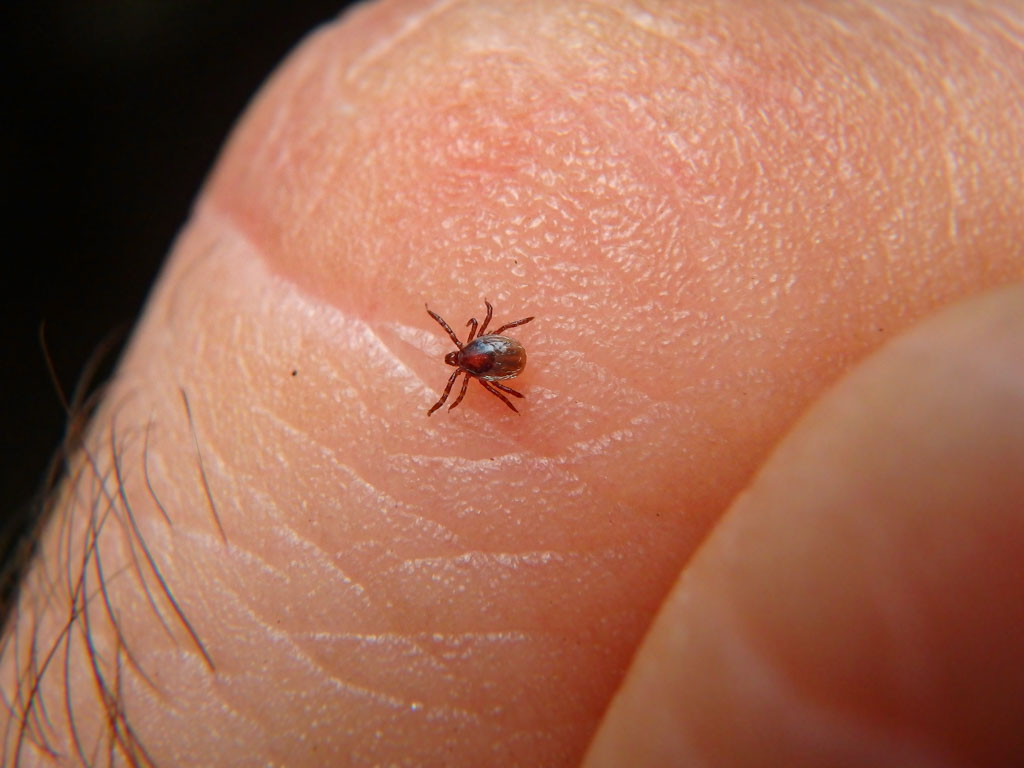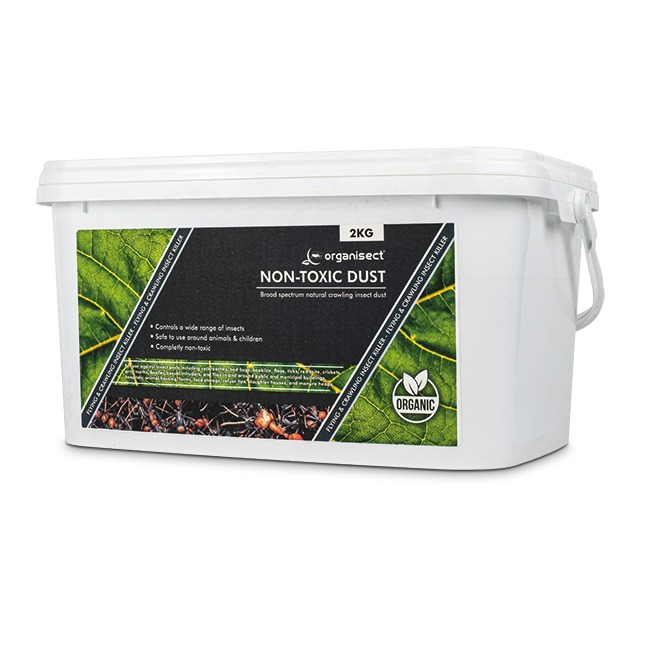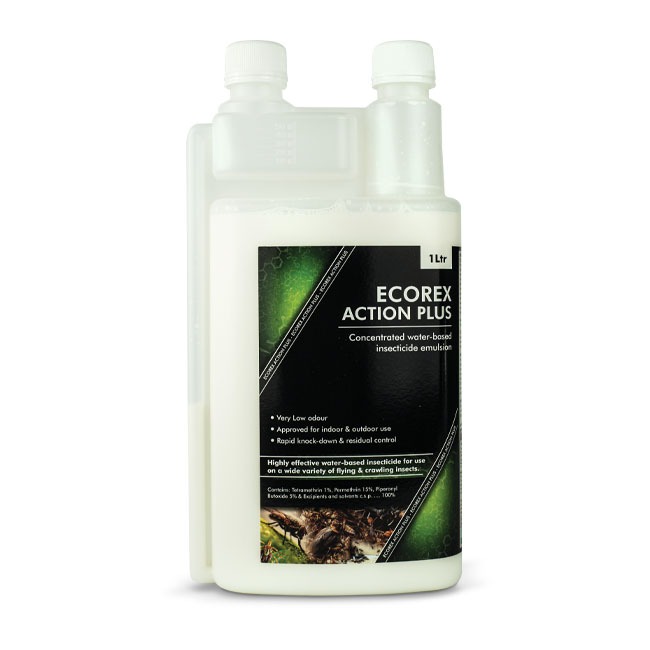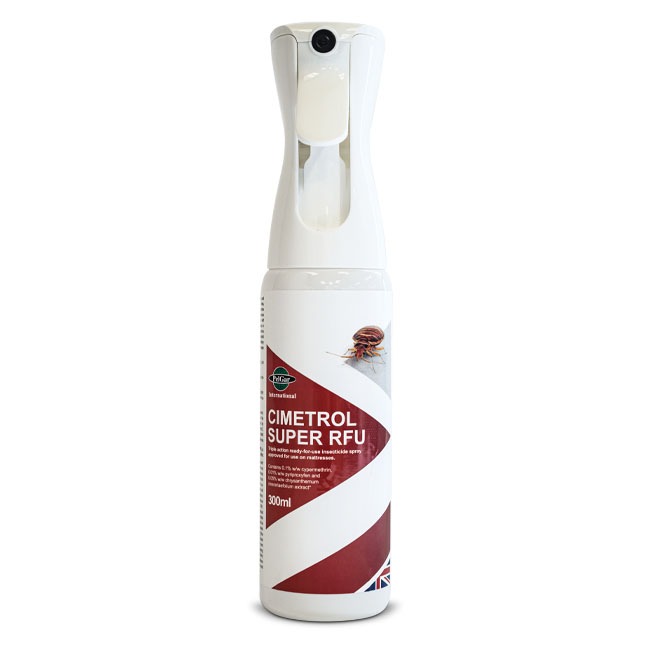Bird Mites (Dermanyssus gallinae) (Ornithonyssus sylviarum)
 |
Bird mites are naturally found where birds such as pigeons, starlings, sparrows, poultry and their nests are located. They have piercing mouthparts that enable them to take blood meals from their bird hosts. However, in the first few weeks after birds leave their nests, bird mites may infest homes in search of a blood-meal from humans, they will bite but cannot survive on humans and do not infect/infest human skin. Bites from bird mites can cause severe irritation. Most mites will die within 3 weeks without a blood meal from a bird host. The short life cycle makes it is possible for mite populations to attain tens of thousands of mites in bird nests during the rearing of young birds. If the population is too large (or if the fledglings vacate the nest or perish), the mites will migrate in mass to locate an alternative host. It is during this migration that mites can and do enter the living quarters of people.
Identification:
Adult mites are about 0.8 mm long and 0.4 mm wide and are just barely visible to the naked eye. White, greyish, black or deep red in colour, depending upon their blood content. Engorged adults are about 1 mm long. Mites have eight legs.
Biology:
12 to 24 hours after its first blood meal fertilised females lays up to 32 eggs during her lifetime of approximately 90 days in the nesting material. The complete lifecycle from egg to adult can be completed in 7 days under favourable conditions. An immature nymph has three pair of legs while a mature mite possess four pair of legs.
Control:
The best approach for controlling an infestation is to locate and remove bird nests. When removing nests, PPE including a mask and gloves should be worn to prevent transfer of mites, and bacterial infections. To eradicate bird mites, treat the area with an approved insecticide such as a residual spray or insecticide powder labelled for mite control. Prevent birds from entering and occupying spaces in houses by repairing broken tiles and proofing openings in eaves or roof cavities
Products to control Bird Mites:
|
Organisect Non-toxic Dust (2kg) |
Ecorex Action Plus (1L) |
Cimetrol Super RFU (300ml) |



